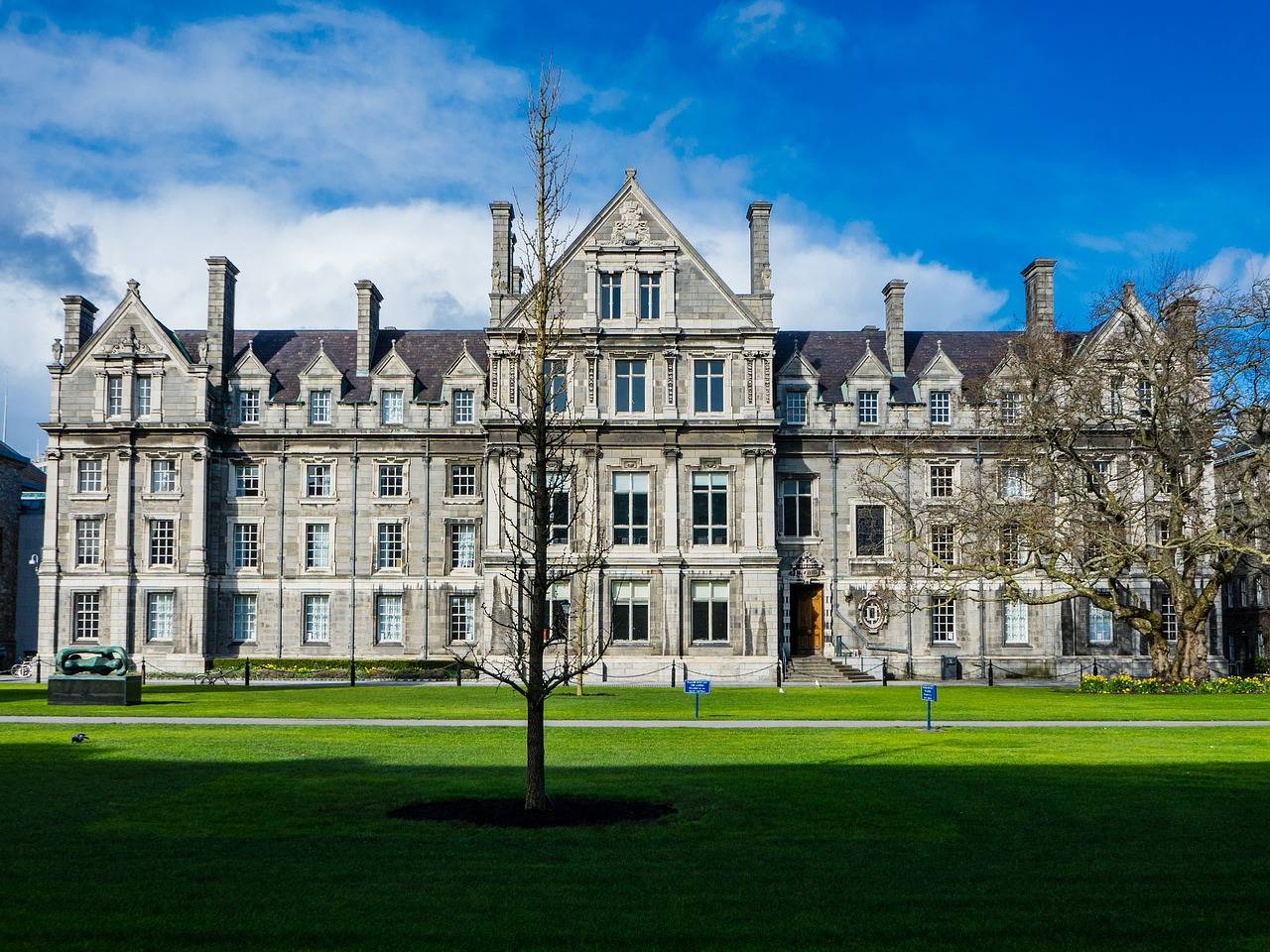Promoting Inclusive Sociology and Anthropology Education in Curriculum Development: Sky exch, World 777 com login, Gold bet
sky exch, world 777 com login, gold bet: Promoting Inclusive Sociology and Anthropology Education in Curriculum Development
As our world becomes increasingly diverse, it is essential that our education system reflects this diversity. In the fields of sociology and anthropology, promoting inclusivity in curriculum development is crucial to ensuring that students are exposed to a wide range of perspectives and experiences. By incorporating diverse voices and viewpoints into the curriculum, we can create a more inclusive learning environment that prepares students to engage with the complexities of the world around them.
The first step in promoting inclusive sociology and anthropology education is to diversify the curriculum. This means incorporating readings, case studies, and examples from a variety of cultures, ethnicities, and social backgrounds. By exposing students to a wide range of perspectives, we can help them develop a more nuanced understanding of the complexities of human society. Additionally, by including diverse voices in the curriculum, we can help students see themselves reflected in the material they are studying, which can increase engagement and motivation.
Another important aspect of promoting inclusive education in sociology and anthropology is to actively challenge bias and discrimination in the curriculum. This means critically examining the materials we use in our courses to ensure that they do not perpetuate harmful stereotypes or reinforce systems of oppression. By teaching students to recognize and challenge bias in the materials they encounter, we can help them become more critical thinkers and engaged citizens.
In addition to diversifying the curriculum and challenging bias, it is also important to create a supportive and inclusive learning environment in the classroom. This means fostering open and respectful dialogue among students, encouraging diverse perspectives, and creating opportunities for students to share their own experiences and perspectives. By creating a safe space for students to engage with challenging material, we can help them develop the skills they need to navigate the complexities of our diverse world.
Overall, promoting inclusive sociology and anthropology education in curriculum development is essential to preparing students to engage with the complexities of our diverse world. By diversifying the curriculum, challenging bias, and creating a supportive learning environment, we can help students develop the skills they need to navigate the complexities of human society.
FAQs
1. Why is it important to promote inclusive education in sociology and anthropology?
Promoting inclusive education in sociology and anthropology is important because it helps students develop a more nuanced understanding of human society, challenges bias and discrimination, and creates a supportive learning environment.
2. How can I incorporate diverse perspectives into my sociology and anthropology courses?
You can incorporate diverse perspectives into your courses by diversifying the curriculum, challenging bias in the materials you use, and creating a supportive and inclusive learning environment in the classroom.
3. What are some best practices for promoting inclusive education in sociology and anthropology?
Some best practices for promoting inclusive education in sociology and anthropology include diversifying the curriculum, challenging bias, creating a supportive learning environment, and fostering open and respectful dialogue among students.







